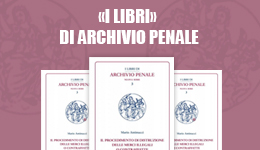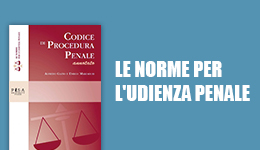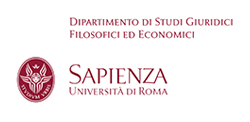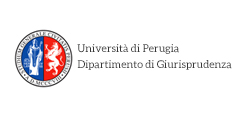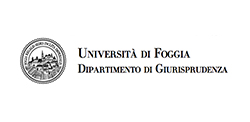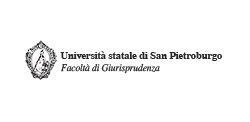Le recenti riforme sul giudizio abbreviato alla prova delle prime applicazioni giurisprudenziali
Archivio Penale
© dell'autore 2025
Ricevuto: 23 December 2024
| Accettato: 14 January 2025
| Pubblicato: 29 January 2025
L’intero articolo è disponibile
Riassunto
Le recenti riforme hanno cercato di rendere più conveniente l’adesione al giudizio abbreviato, per un maggior grado di efficienza del sistema giudiziario nel suo complesso. Hanno però privilegiato, per tale via, l’attenzione al premio in termini di riduzione di pena, trascurando interventi più incisivi di ristrutturazione del rito. Si ha così che, anche per ragioni di sistema rinvenibili nella coeva risistemazione dell’udienza preliminare, il giudizio abbreviato, precluso nel frattempo agli imputati per i reati di maggiore gravità, sembra essere oggi appetibile soprattutto per l’imputato che ragionevolmente non può ambire alla pronuncia assolutoria e che, quindi, prospettandosi realisticamente un esito di condanna, trova utilità esclusivamente nella riduzione di pena. In questo contesto si spiega l’interesse crescente della giurisprudenza per le questioni legate alla risposta sanzionatoria, non sempre di agevole soluzione.
The recent reforms on summary judgment at the test of the first jurisprudential applications
Recently, reforms have tried to improve the efficiency of the judicial system by increasing the choice of summary trial. However, they have privileged focusing on the benefit in terms of sentence reduction, ignoring more incisive measures to reorganize the trial. It follows that, also for systemic reasons to be found in the reorganisation of the preliminary hearing, the summary trial, in the meantime precluded to the accused for major offences, seems today to be particularly desirable for the defendant who cannot expect an discharge and who therefore, realistically expecting a guilty verdict, find utility just for the reduction of punishment. For these reasons, there is an increasing interest of the courts in issues related to penalties that are not always easy to resolve.
Percorso di valutazione
Peer reviewed. Certificazione della qualità


